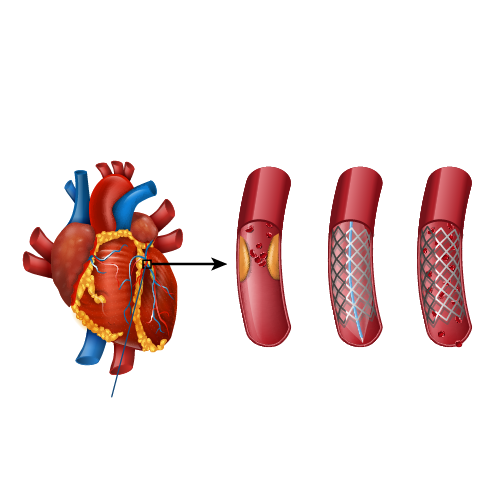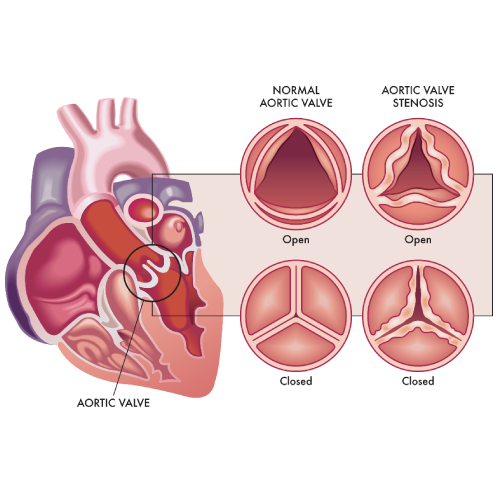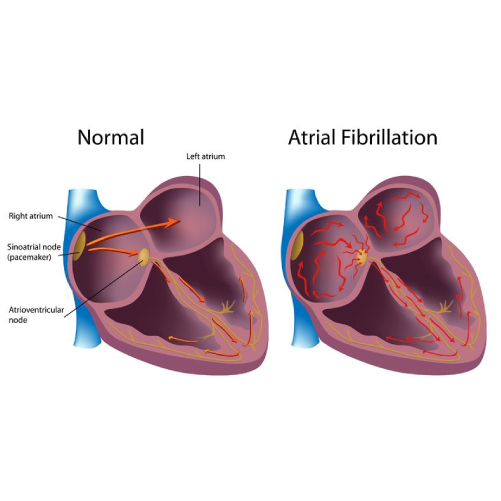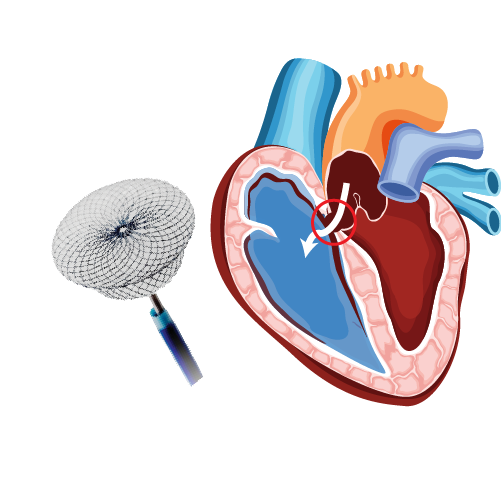Silent Heart Attack: What It Is and What Are Its Risk Factors

A heart attack, also known as a myocardial infarction, is a medical emergency that occurs when a blockage in the coronary arteries restricts blood supply to the heart. This blockage can cause damage to the heart muscle, leading to chest pain, shortness of breath, and other symptoms.
However, not all heart attacks present with such symptoms. In some cases, a heart attack may occur without noticeable symptoms, known as a silent heart attack. This article will explore what a silent heart attack is, its causes and risk factors, how it is diagnosed, why you should take it seriously, and what to do after it.
What Is a Silent Heart Attack?
A silent heart attack is a type of heart attack that occurs without any of the obvious symptoms associated with cardiac arrests. A heart specialist might discover it by chance during a routine medical exam or electrocardiogram (ECG) test.

Unlike a typical heart attack, which is often accompanied by chest pain, shortness of breath, and other symptoms, a silent heart attack can go unnoticed for days, weeks, or even months. Patients often mistake the condition for heartburn or a cold. It can also cause other symptoms, such as nausea, dizziness, and cold sweats.
Causes and Risk Factors
The risk factors for a silent heart attack are similar to those for a typical heart attack. The most common cause is a blockage in one or more coronary arteries that supply oxygenated blood to the heart muscle.
This blockage can be the result of plaque buildup in the arteries, which can occur over time due to a poor diet, lack of exercise, and other lifestyle factors. Other risk factors for a silent heart attack include high blood pressure, high cholesterol, smoking, diabetes, and a family history of heart disease.
How Is a Silent Heart Attack Diagnosed?
A heart specialist can diagnose a silent heart attack through an ECG, which measures the heart’s electrical activity. During an ECG test, electrodes are attached to the chest, arms, and legs, and a machine records the electrical signals produced by the heart.
If there has been damage to the heart muscle, the ECG may show changes in the electrical activity of the heart. A heart disease specialist can also use blood tests to detect certain enzymes released into the bloodstream when there is damage to the heart muscle.
Why You Should Take It Seriously
Even though a silent heart attack may not cause noticeable symptoms, it can still cause damage to the heart muscle, leading to an increased risk of heart failure and other complications. In fact, studies have shown that people who have had a silent heart attack are at a higher risk of dying from heart disease than those who have not had one.
Additionally, a silent heart attack can be a warning sign of underlying heart disease, which can be managed with lifestyle changes and medications.
What to Do After a Silent Heart Attack
If you have had a silent heart attack, it is crucial to take steps to manage your risk of further heart disease. It involves lifestyle changes, such as eating a healthy diet, exercising regularly, quitting smoking, and managing stress.
In some cases, medications and other types of heart disease treatment may also be prescribed to help control high blood pressure, high cholesterol, or other risk factors for heart disease. Regular check-ups with your doctor are also essential to monitor your heart health and ensure any changes in your condition are detected early.
Conclusion
Even though a silent heart attack may not cause debilitating symptoms, such as chest pain and shortness of breath, it can still cause damage to the heart muscle and increase the risk of complications. Also, it increases the likelihood of subsequent heart attacks and heart failure.
Therefore, it is essential to take steps to manage your risk of further heart disease through lifestyle changes, medications, and regular cardiac check-ups. It is also a good idea to watch out for less obvious heart attack symptoms, such as heartburn, heaviness in the chest, and nausea.
Dr. C Raghu is one of the best cardiologists in India, with decades of experience in interventional cardiology. If you or anyone you know is looking for a cardiologist in Hyderabad, make sure you contact Dr. Raghu today.
Book Online Consultaion
Silent Heart Attack: What It Is and What Are Its Risk Factors? – Blog
Subscribe the Hearty Life Blogs

DR. RAGHU | Best Cardiologist in Hyderabad
Cardiology Coronary, Vascular and
Structural Interventions
Conditions & Diseases

Angioplasty

Aortic Stenosis

Atrial Fibrillation






